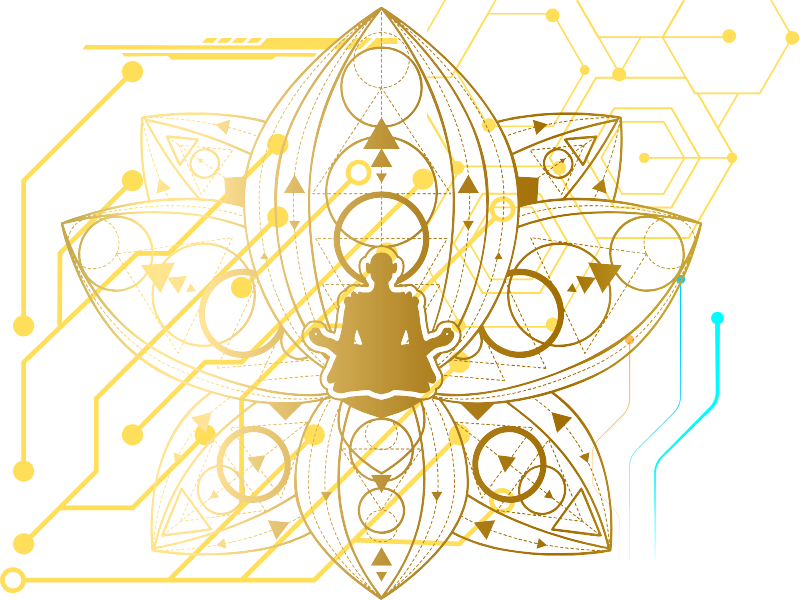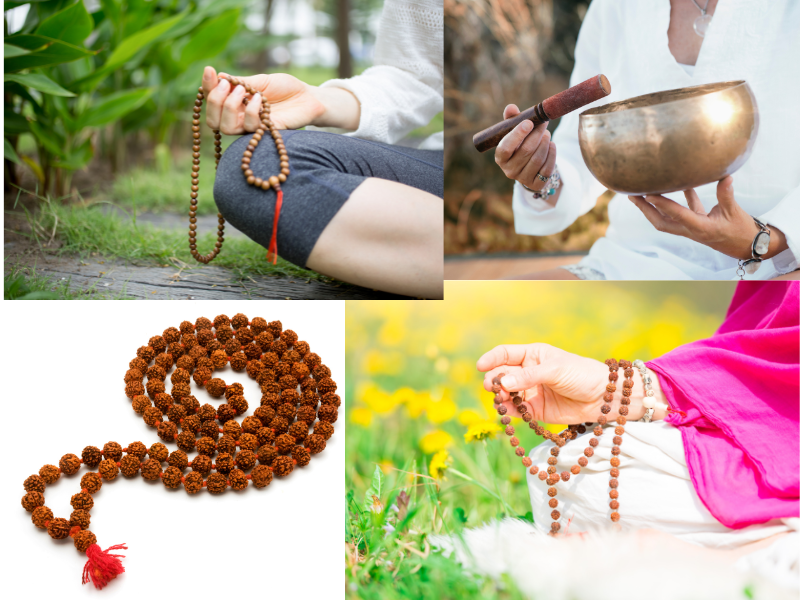

Published on: 21 Jul,2025
Ayurveda, derived from the Sanskrit words "Ayur" (life) and "Veda" (knowledge), is an ancient Indian system of natural and holistic medicine. More than just a medical system, Ayurveda is a philosophy of life. It dates back over 5,000 years and is considered the oldest healing science known to humanity. Unlike modern medicine that focuses primarily on treating symptoms, Ayurveda emphasizes maintaining a balance between the body, mind, and spirit to prevent diseases before they occur.
Ayurveda is based on the belief that health and wellness depend on a delicate balance between the five elements found in nature—air, water, fire, earth, and ether—which form the three doshas: Vata, Pitta, and Kapha. Each person has a unique combination of these doshas, and maintaining their balance is the key to good health.
Vata (Air + Ether): Governs movement, breathing, and circulation. Vata individuals are energetic, creative, but prone to anxiety and insomnia when imbalanced.
Pitta (Fire + Water): Controls digestion, metabolism, and energy production. Pitta people are intelligent and ambitious but can become irritable or suffer from inflammation if out of balance.
Kapha (Earth + Water): Represents structure and stability. Those dominated by Kapha are calm and loyal but may struggle with weight gain or sluggishness when imbalanced.
Ayurveda provides a personalized approach to healing, offering remedies such as herbal medicines, dietary adjustments, yoga, meditation, oil massages, detoxification (Panchakarma), and lifestyle recommendations.
In an era dominated by fast food, sedentary lifestyles, and chronic stress, people around the world are grappling with lifestyle diseases such as diabetes, hypertension, obesity, and anxiety. Modern medicine, while effective in emergency and surgical care, often fails to address the root causes of such conditions. Here is where Ayurveda stands apart.
Ayurveda doesn’t just focus on curing illnesses—it aims to prevent them. By following simple daily routines, seasonal diets, and herbal treatments suited to an individual’s dosha, Ayurveda promotes overall well-being and immunity. Unlike modern medicine that often suppresses symptoms with drugs, Ayurveda works slowly and steadily to heal the body from within.
Ayurvedic medicines are mostly plant-based and natural. When used correctly under the guidance of a certified practitioner, they rarely cause side effects. They are especially effective in managing chronic illnesses and strengthening the body’s natural defense mechanisms.
Stress, depression, and anxiety are rampant in today’s fast-paced society. Ayurveda integrates practices like meditation, breathing exercises (pranayama), and yoga to restore mental peace and emotional stability. It recognizes that mental health is inseparable from physical health.
No two individuals are the same, so why should their treatments be? Ayurveda believes in personalized healthcare. A remedy that works for one person might not be effective for another. This individuality is at the heart of Ayurvedic treatment.
Despite being born on Indian soil, Ayurveda is often overlooked or underappreciated by its own people. In a globalized, modern world, the traditional wisdom of Ayurveda is increasingly being replaced by allopathy and western medicine. Several reasons contribute to this unfortunate trend:
British colonial rule in India played a significant role in undermining indigenous systems like Ayurveda. Western medicine was given institutional support, while Ayurveda was dismissed as unscientific. This legacy still persists in the mindset of many Indians.
Urban Indians lead increasingly fast-paced lives, with little time for traditional practices that require patience and consistency. Instant gratification through quick relief pills is more attractive than long-term lifestyle changes.
Many people are unaware of how Ayurvedic treatments work, or where to find authentic practitioners. Misleading marketing by pseudo-Ayurvedic brands has also created confusion. As a result, people often consider Ayurveda slow or ineffective—without truly experiencing its depth.
Aspirations to emulate Western lifestyles have led many Indians to perceive traditional systems as outdated or "old-fashioned." Ironically, the West is now rediscovering and embracing Ayurveda, while India is slowly letting it slip away.
Reconnecting with Ayurveda is not just a nod to our cultural roots—it is a step toward healthier, more balanced lives. Here’s why India (and the world) needs to re-adopt Ayurveda now more than ever:
India is now the diabetes capital of the world. Sedentary habits, irregular sleep, junk food, and mental stress are wreaking havoc on health. Ayurveda offers simple solutions: early rising, mindful eating, detox routines, and herbal remedies that can significantly improve quality of life.
The COVID-19 pandemic brought attention back to traditional immunity boosters like turmeric milk, tulsi, ginger, and Ashwagandha—all staples of Ayurveda. These aren’t just “home remedies,” but powerful immune-enhancing solutions backed by centuries of practice.
Ayurveda promotes harmony with nature. Its practices are environmentally friendly and encourage conscious living—something the modern world desperately needs as we face climate change and ecological breakdown.
Ayurveda is not a pill—it’s a lifestyle. It teaches us to be aware of our body’s needs, eat according to our constitution and the seasons, and find joy in routine and balance. These small disciplines can have profound effects on health and happiness.
Ayurveda is a gift from Indian civilization to the world. Countries like the USA, Germany, and Japan are opening Ayurvedic wellness centers and investing in Ayurvedic research. Why should Indians turn their back on something that is not just effective but also part of our identity?
Ayurveda is not a relic of the past—it is a living, breathing science that is more relevant today than ever. As modern health systems become overwhelmed with diseases rooted in lifestyle, stress, and imbalance, Ayurveda offers a sustainable alternative.
It’s time Indians stop viewing Ayurveda as merely “grandma’s remedy” or a last resort. Instead, we must take pride in this profound system of knowledge and reintegrate it into our lives. It starts with small steps: switching to seasonal diets, consulting Ayurvedic practitioners, incorporating herbal teas, practicing yoga and meditation, and respecting our body’s natural rhythms.
As the world rediscovers the power of Ayurveda, let us, its original custodians, not be left behind. Let us reclaim our heritage—not just with pride, but with purpose.




Buy Indoor Plants Online in India 🌿
Explore low-maintenance indoor plants in self-watering pots from
Gardengik.in.
Perfect for homes and offices in Delhi, Noida, Ghaziabad.
Also available for corporate gifting & return gifts.